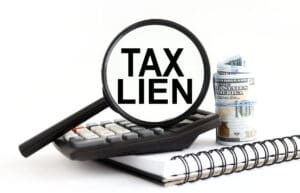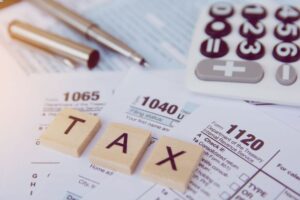Avoiding tax scams: What the IRS can and cannot do to collect tax debt
The filing season for federal taxes opened this week, but tax scam season is already in full swing.
There are many different types of scams. Some of them are phone scams, in which fraudsters pose as IRS agents demanding immediate payments. Others involve sinister online tactics such as “phishing,” in which scammers send bogus email messages that claim to be from the IRS, seeking to extract personal information.
And of course many scams pose the risk of identity theft, which is often used to commit tax refund fraud.
What can and can’t the IRS when contacting you about your taxes and in and seeking to collect tax debt?
How does the IRS make contact?
Phone calls and bogus emails from fraudsters who pretend to be IRS agents have been going on for years. On the phone, the fraudsters tend to use tactics such as threatening arrest or deportation if someone doesn’t send money immediately on a prepaid card. They may call from numbers that even on caller ID seem to be from the IRS.
The scammers keep calling because far too often they have been successful. Since October of 2013, about 736,000 false phone contacts have been reported to federal authorities. There have been more than 4,500 victims during that time, with a total of more than $23 million paid out to crooks.
The IRS has been trying to get the word out that it does not initiate contact by phone or email. And it does not make demands for immediate payment of tax bills without giving taxpayers a chance to question or contest the amount of taxes owed. In other words, if the IRS needs to initiate contact with you, it is supposed to be by letter or written notice, not by phone or email.
Can the IRS use private debt collectors?
There is, however, one caveat we should mention. Late last year, Congress passed a law requiring the IRS to use private debt collectors in certain cases.
The program for implementing this is not up and running yet. But when does begin, private collectors could conceivably call taxpayers to try to collect tax debt. The IRS is therefore concerned that the new law on private collectors will blur the message that the IRS does not initiate by phone or email.
What can the IRS do to collect tax debt?
To be sure, the IRS has many tools it can use to collect tax debt. As long as the requirements of collections due process are met, the IRS can take actions that include:
- Putting a federal tax lien on your property
- Garnishing your wages
- Levying (i.e., taking) your bank account
- Seizing and selling your property
- Issuing a summons to provide certain information
The important thing to remember right now is that the IRS cannot take such steps unilaterally, out of blue, by suddenly making threatening phone calls. A skilled tax attorney can guide you through the process of dealing with the IRS to resolve your issues.




